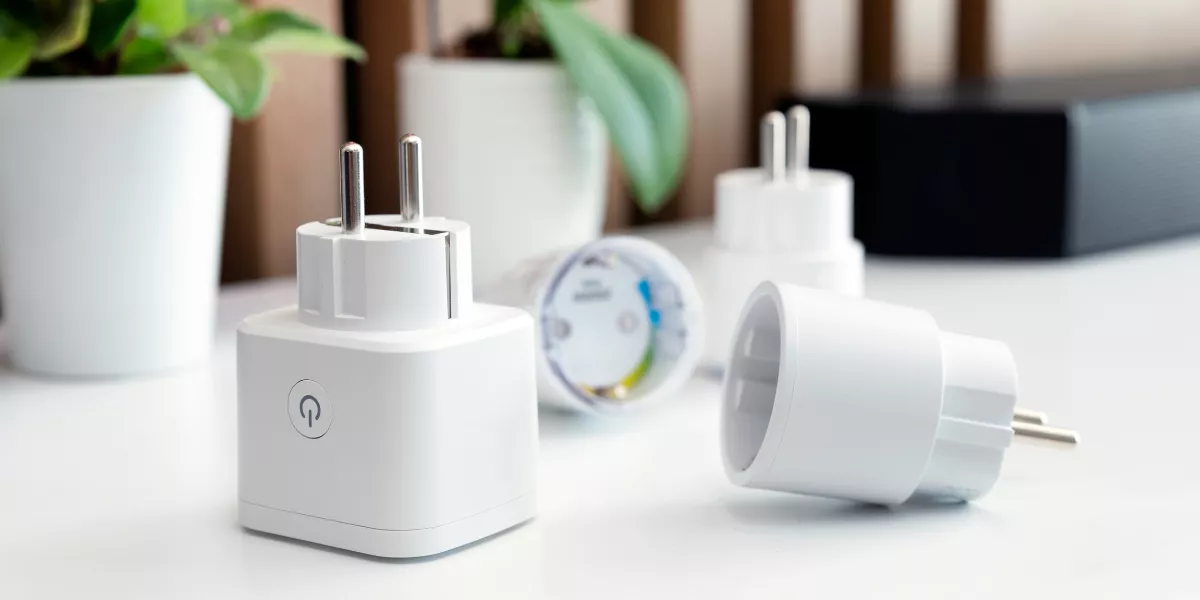
When deciding between different brands of smart home devices, start by checking compatibility with your current devices like Wi-Fi or Bluetooth support. Research brand reputation, read reviews, and consider feedback from both experts and users. Focus on features that align with your needs, such as voice control, scheduling, and security measures. Compare prices for value, keeping in mind long-term benefits and quality. Prioritize brands with reliable customer support and generous warranty coverage. These factors will help you make an informed choice that suits your requirements. Further insights await those seeking to maximize their smart home experience.
Compatibility With Existing Devices
When choosing smart home devices, ensure they're compatible with your existing devices to avoid connectivity issues. Before making a purchase, check if the new smart device works seamlessly with your current setup. This is crucial in creating a harmonious smart home ecosystem where all your devices can communicate effectively.
To ensure compatibility, look for devices that support common communication protocols like Wi-Fi, Bluetooth, or Zigbee. These protocols enable devices to connect and interact with each other. Additionally, consider whether the smart device is compatible with the operating system of your existing devices. For example, if you use an iPhone, make sure the smart device is compatible with iOS.
Some manufacturers offer compatibility checklists on their websites, detailing which devices their products can work with. It's also wise to read user reviews or forums to see if others have experienced any compatibility issues. By taking these steps, you can avoid the frustration of purchasing a smart device that doesn't play well with your existing gadgets.
Reputation and Reviews
To make informed decisions when selecting smart home devices, it's essential to consider the reputation and reviews of the products you're interested in. Before making a purchase, take some time to research the brands you're considering. Look for feedback from both experts and actual users to get a comprehensive understanding of the product's performance and reliability.
Checking online reviews on platforms like Amazon, Best Buy, or specialized tech websites can provide valuable insights into the experiences of other consumers. Pay attention to recurring comments or issues mentioned in multiple reviews, as they can indicate common problems or standout features.
Additionally, consider the overall reputation of the brand within the smart home industry. Brands with a history of producing high-quality, innovative products are more likely to offer reliable smart devices that meet your expectations. Remember, a good reputation is often a result of consistent performance and customer satisfaction over time.
Features and Functionality
Consider exploring the features and functionality of smart home devices to ensure they align with your needs and enhance your daily routines. Look for devices that offer compatibility with other smart products you already own, ensuring seamless integration. Check for features like voice control, scheduling capabilities, and remote access through smartphone apps for convenience.
When evaluating smart home devices, prioritize those that offer security features such as encryption protocols, two-factor authentication, and regular software updates to safeguard your privacy and data. Look for devices with customizable settings to tailor them to your preferences, whether it's adjusting lighting levels, setting specific temperatures, or creating automated routines.
Additionally, consider the scalability of the smart home ecosystem you're investing in. Choose devices that can grow with your needs and are from brands known for continuous innovation and updates. Prioritize devices with user-friendly interfaces and intuitive controls to simplify the setup and daily use.
Pricing and Value
Explore the pricing and value of smart home devices to make informed decisions on investments that suit your budget and provide long-term benefits. When comparing different brands, consider not only the upfront cost but also the overall value the device offers. While some devices may seem cheaper initially, they may lack key features or have hidden costs like subscription fees for full functionality.
Look for devices that offer a balance between price and quality. Higher-priced options may come with advanced features and better build quality, potentially leading to a longer lifespan and improved performance. However, this doesn't mean you have to break the bank; there are many budget-friendly smart home devices that offer excellent value for money.
Before making a purchase, assess the long-term benefits of the device. Investing a bit more in a reliable brand with a proven track record may save you money in the long run by avoiding frequent replacements or repairs. Ultimately, choose a smart home device that fits your budget while providing the functionality and reliability you need.
Customer Support and Warranty
For optimal peace of mind and assistance when needed, prioritize reliable customer support and a solid warranty when selecting smart home devices. When choosing between different brands, consider the level of customer support each offers. Look for companies that provide multiple support channels like phone, email, and live chat for quick resolutions to any issues that may arise. A responsive customer support team can save you time and frustration when setting up or troubleshooting your smart devices.
Additionally, pay attention to the warranty offered with the product. A longer warranty period indicates the manufacturer's confidence in the product's quality and durability. Check what the warranty covers, whether it's limited to specific components or includes comprehensive coverage. Understanding the terms of the warranty can help you make informed decisions and avoid unexpected costs for repairs or replacements in the future.




